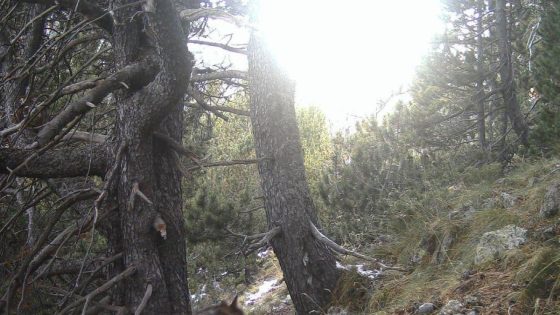Investigators are looking into whether wolves have attacked livestock in Pallars Jussà, following the death of four sheep in Castell de Mur last weekend. The necropsy conducted on Monday may reveal the predator’s involvement, raising concerns among local farmers.
- Agents Rurals investigate wolf attacks in Pallars Jussà.
- Four sheep killed in Castell de Mur incident.
- Generalitat compensates for previous wolf attacks.
- Precautionary measures for local livestock owners.
- Sporadic wolf sightings reported in various regions.
- First female wolf detected in Alt Empordà.
Wolves in Spain: Are They Threatening Livestock Again?
Could the return of wolves pose a serious threat to livestock in Spain? Following recent sheep deaths in Pallars Jussà, local authorities are taking action. The Generalitat has initiated a communication protocol to inform farmers about potential wolf sightings, ensuring they can take necessary precautions to protect their herds.
Understanding the Wolf’s Impact on Farming Communities
As investigations continue, it’s crucial to understand the implications of wolf presence in agricultural areas. The Generalitat is not only conducting investigations but also advising farmers on protective measures. Here are some key points to consider:
- Wolves can significantly threaten sheep and other livestock.
- Farmers are encouraged to implement protective strategies.
- Authorities are monitoring wolf populations to assess risks.
- Community awareness is vital for preventing losses.
Recent Incidents: A Growing Concern for Farmers
Recent reports indicate a rise in wolf sightings across various regions, including Aran and Pallars Sobirà. In March 2022, a farmer reported a wolf attack on his sheep, highlighting the ongoing challenges faced by livestock owners. This trend raises questions about wildlife management and the balance between conservation and agricultural sustainability.
What Can Farmers Do to Protect Their Livestock?
Farmers can take several proactive measures to safeguard their animals from potential wolf attacks. Some effective strategies include:
- Installing fencing around grazing areas.
- Using guard dogs to deter predators.
- Implementing rotational grazing practices.
- Staying informed about local wildlife activity.
As the investigation unfolds, it remains essential for farmers to stay informed and prepared. The balance between wildlife and agriculture is delicate, and understanding these dynamics is crucial for the future of farming in Spain.
































